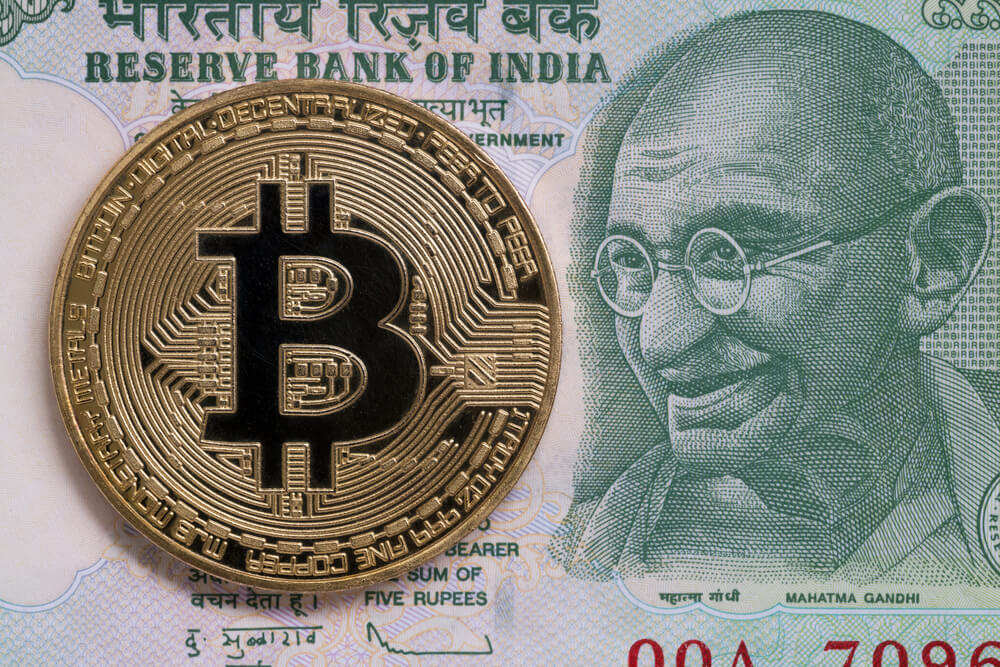India’s Supreme Court Pushes the Government to Regulate Bitcoin

The Indian Supreme Court has called on the central government to set to task the process of regulating bitcoin.
According to Indian news daily The Hindu , three justices from India’s Supreme Court – the highest court in the country – have issued notices to the Finance, Law, and Justice and Information Technology ministries, as well as the central bank (Reserve Bank of India) and market regulator (Securities and Exchange Board of India), demanding they respond to a petition seeking clarity on bitcoin’s legality in the country.
As reported yesterday, India’s Supreme Court admitted a petition calling for authorities to “regulate the flow of Bitcoin”, which, in essence, would mean regulating the nascent but growing Indian bitcoin industry.
Bitcoin isn’t classified as a legal method of payment or a financial instrument in India. The official stance by the central bank, last revealed in February this year – a lazy rehash of a previous statement from 2013 – states the authority hasn’t licensed or authorized any companies dealing with bitcoin. Investors or adopters of bitcoin and cryptocurrencies would be doing so at their own risk, the central bank warned. All the same, bitcoin isn’t illegal in India, either.
The petition, which seeks to end the ambiguity, goes on to state that ‘domestic bitcoin exchanges have been adding over 2,500 users a day and had reached five lakh (500,000) downloads. The lack of regulation led India’s ‘big four’ bitcoin exchanges to establish a self-regulatory body earlier this year. Since then, Indian authorities established an inter-disciplinary ‘Virtual Currency Committee’ to study and develop frameworks for cryptocurrencies in India.
India’s Supreme Court has previously called on the government to check for bitcoin transactions in relation to money laundering and terrorism funding. The petition, which convinced Supreme Court justices to put several government ministries as well as the central bank on notice, concluded with the plea to “issue urgent directions” toward regulating bitcoin transaction flows “to ensure” they are accountable.
Featured image from Shutterstock.